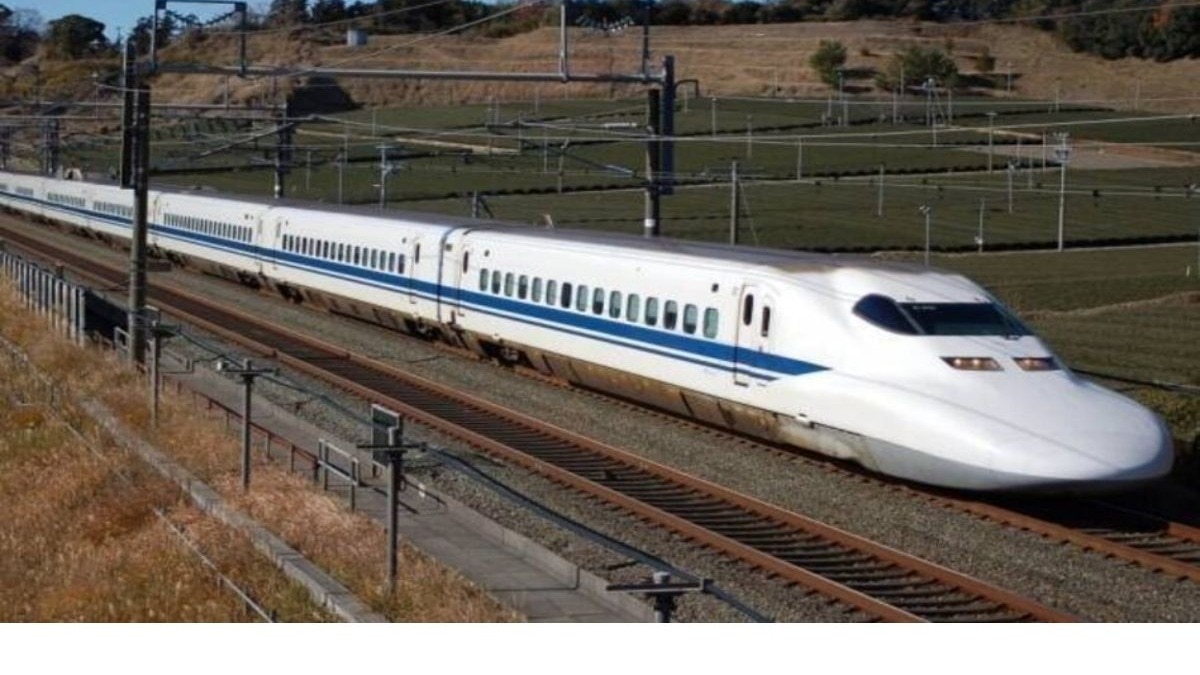As India races to launch its first bullet train by 2027–28, a family business advisor is asking the billion-dollar question: If Japan and China can, why can’t we?
Harsh V Chopra, founder of Partners 4 Growth, posted a pointed reflection on LinkedIn, comparing India’s upcoming Mumbai–Ahmedabad bullet train with the world’s gold standards—Japan’s Shinkansen and China’s high-speed rail network.
“Japan’s bullet trains have carried 10 billion passengers in 60 years with zero fatalities and near-perfect punctuality,” Chopra noted. “That’s not transport—that’s trust engineered into steel.”
India’s project, while a historic leap in rail infrastructure, still faces a daunting challenge: can it replicate the operational excellence of its Asian peers?
China’s high-speed rail now spans over 45,000 km and transports hundreds of millions annually, offering a striking model of large-scale efficiency and discipline. “Mind-boggling scale and precision,” Chopra said, calling it “the backbone of efficient intercity transport.”
For India to succeed, Chopra outlined four non-negotiables:
Culture of precision: Embed safety and punctuality into the system’s DNA.
Tech and talent: Not just import—train, transfer, and truly own the know-how.
Financial discipline: Scale responsibly, avoiding debt traps and overruns.
Public trust: Build reliability from Day One, not in hindsight.
The message, though centered on rail, extends beyond infrastructure. “It’s not just about trains,” Chopra argued. “It’s about execution, discipline, and building national pride on rails.”
With China’s GDP per capita in 1990 roughly equal to India’s, the post underscores what’s at stake: not just speed, but the systems and mindset behind it.










